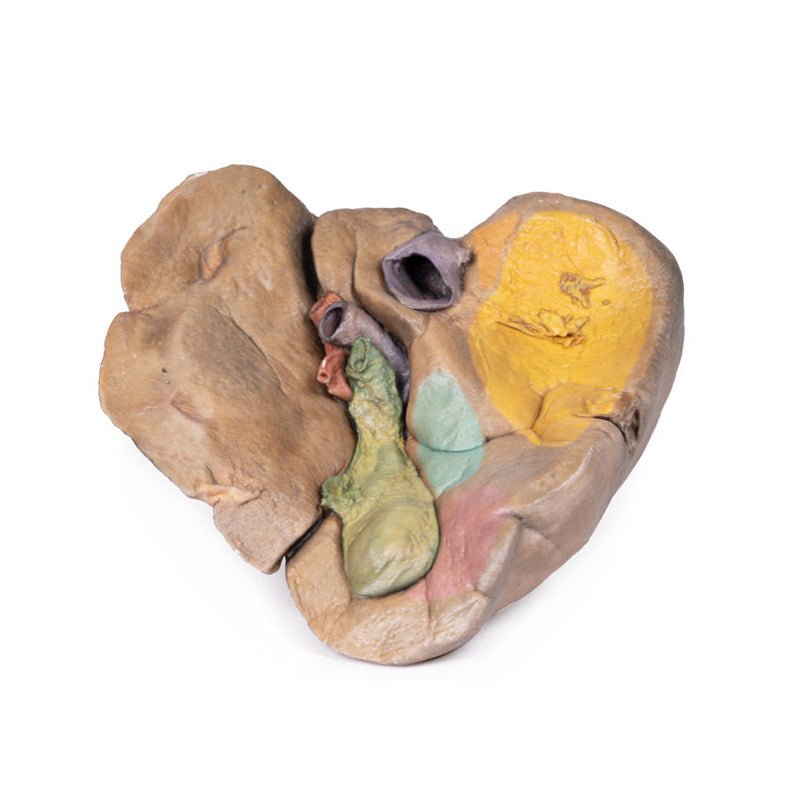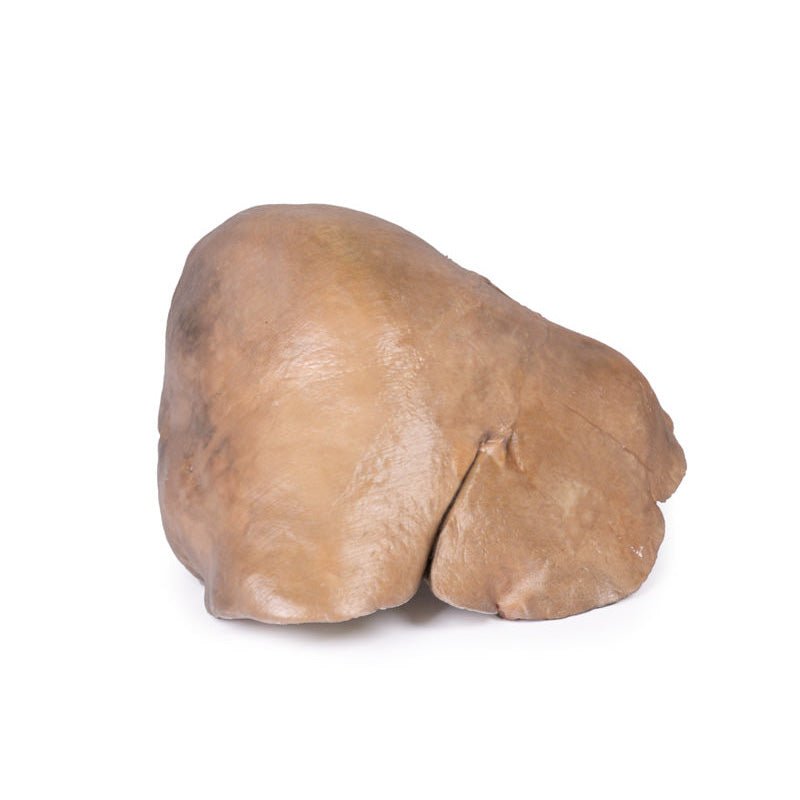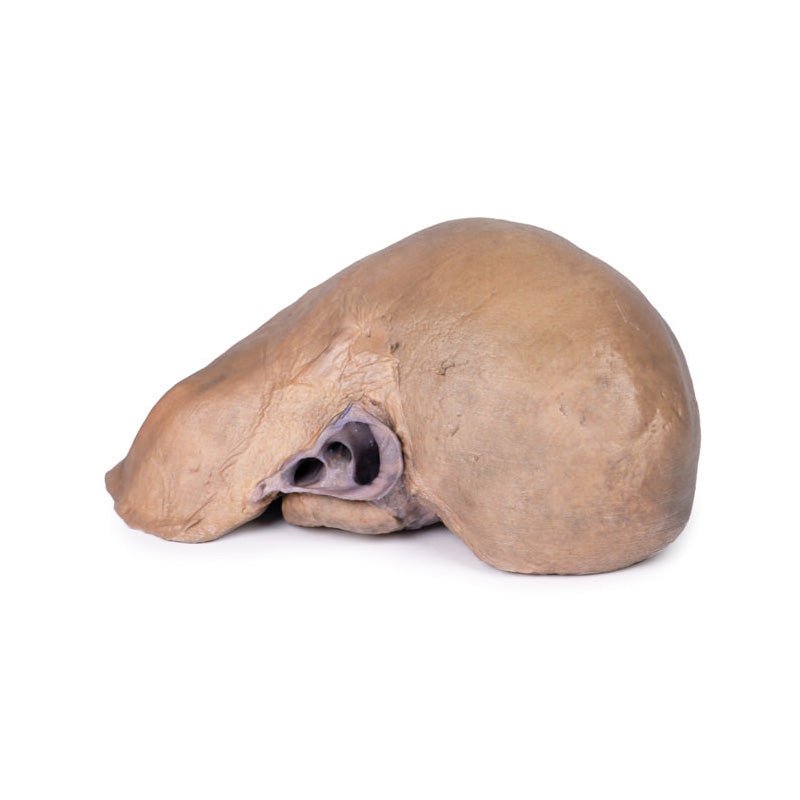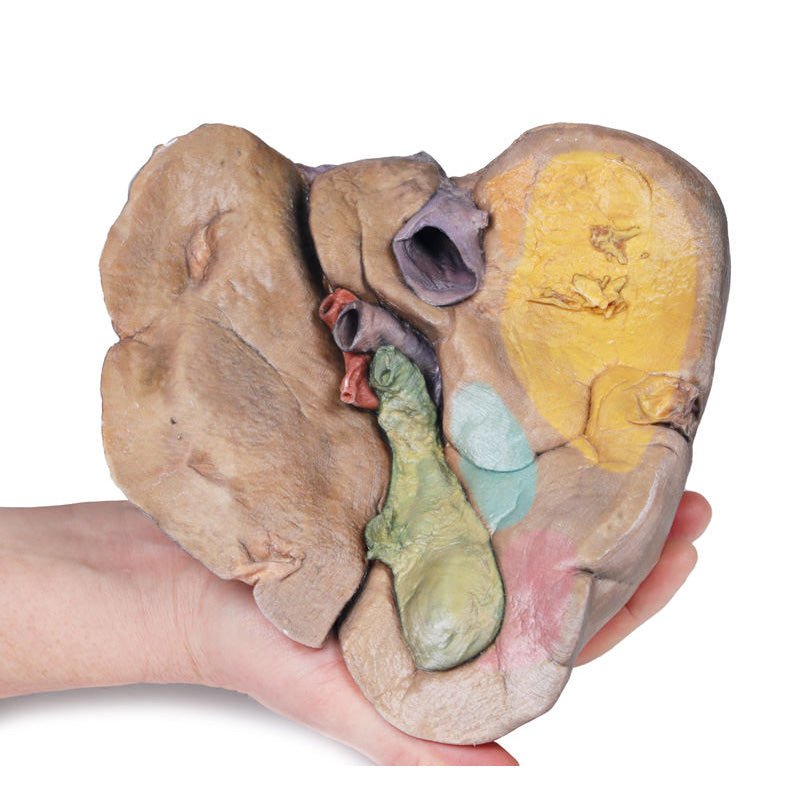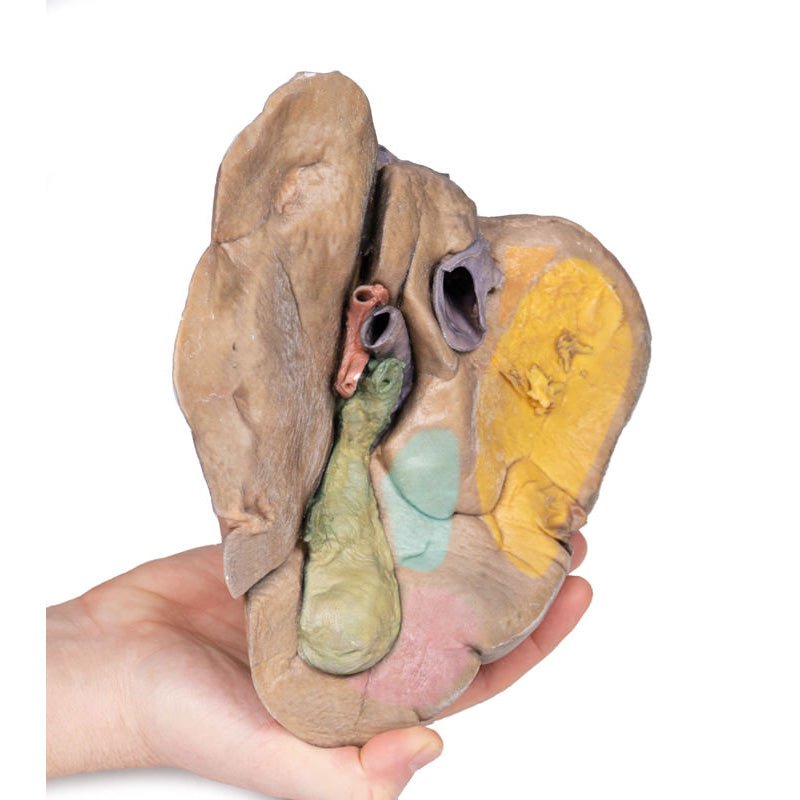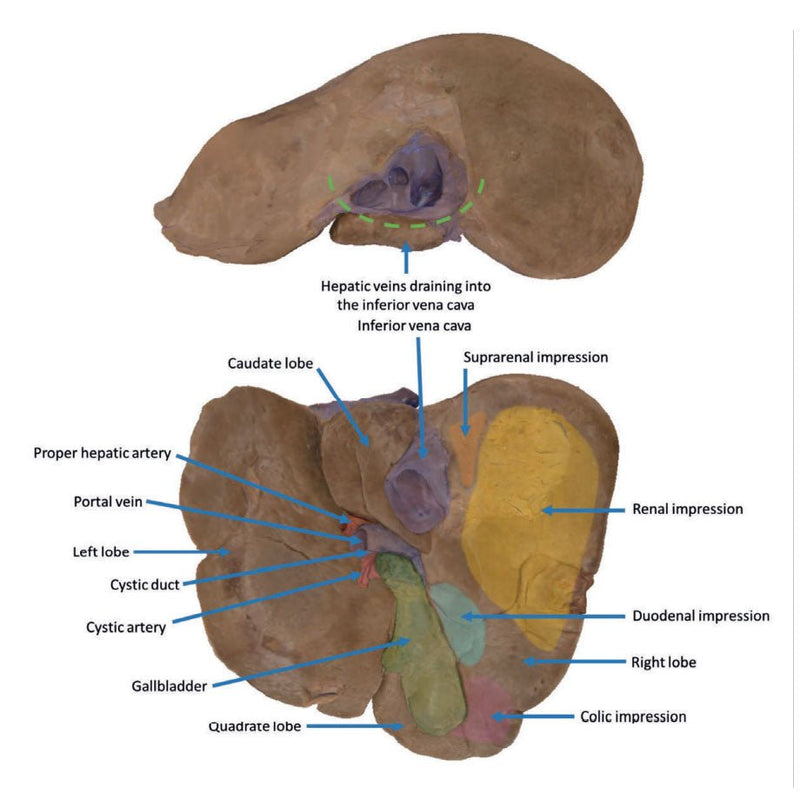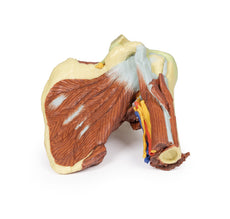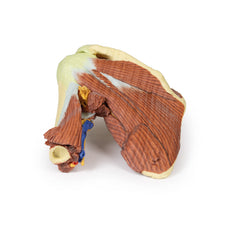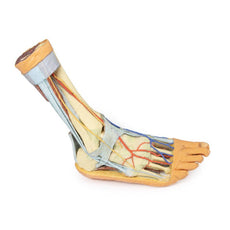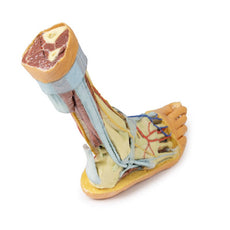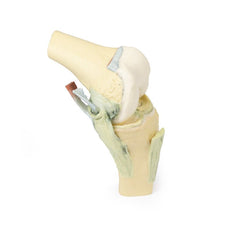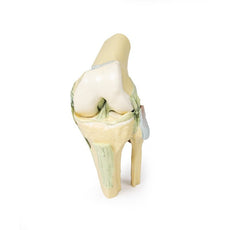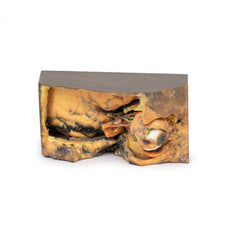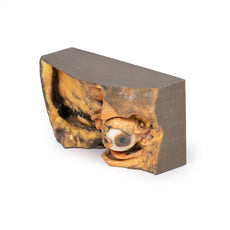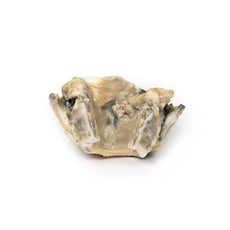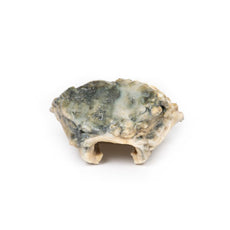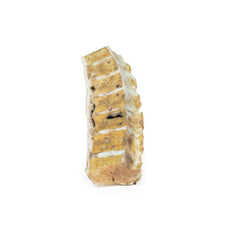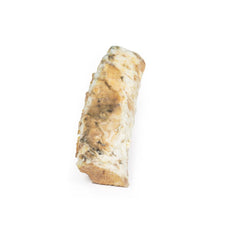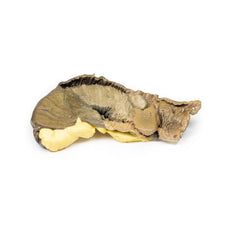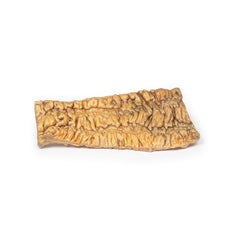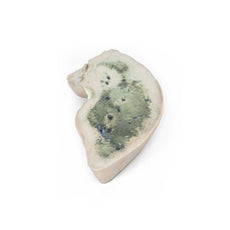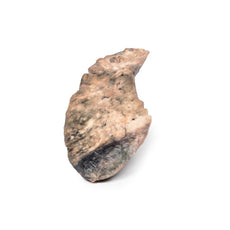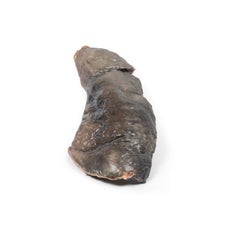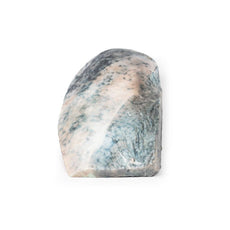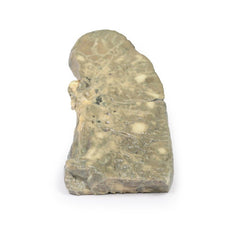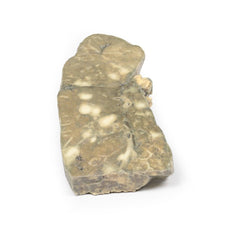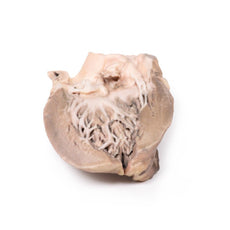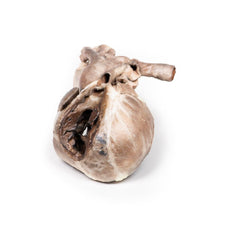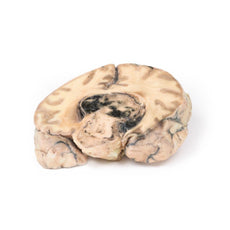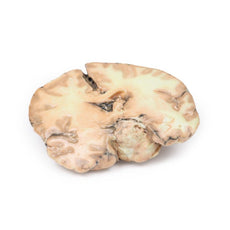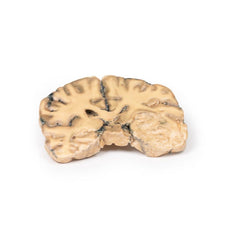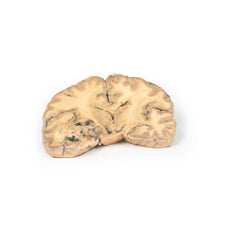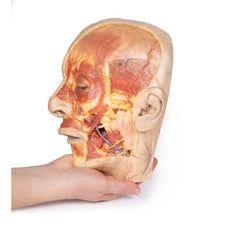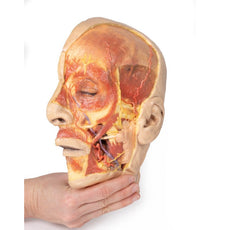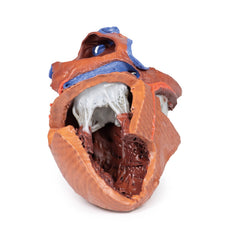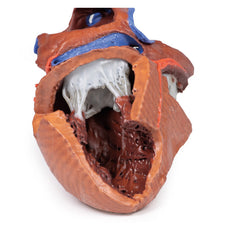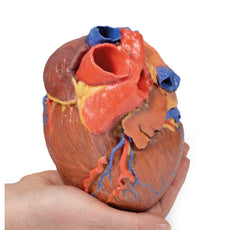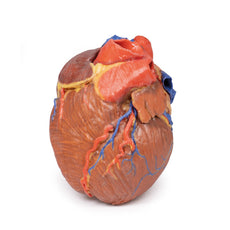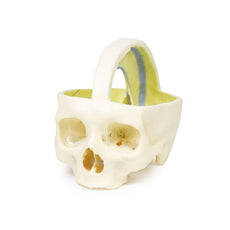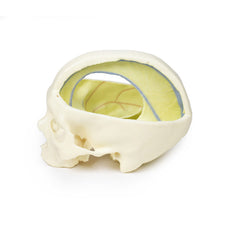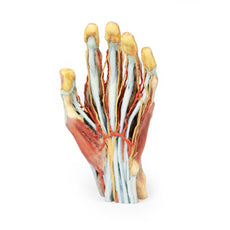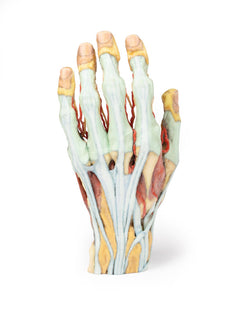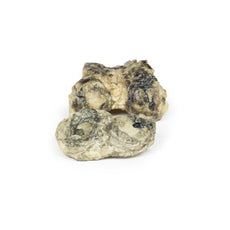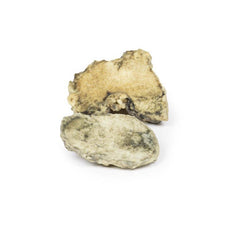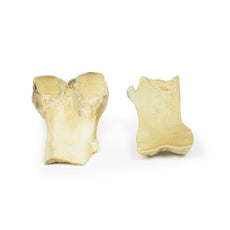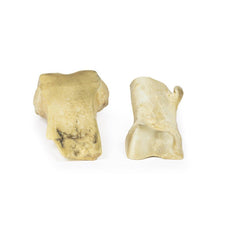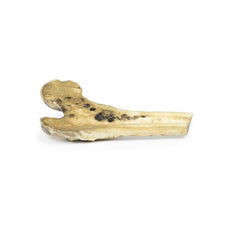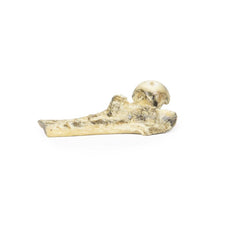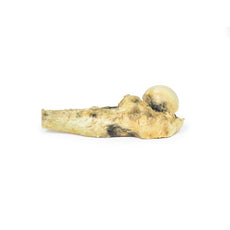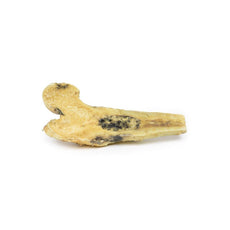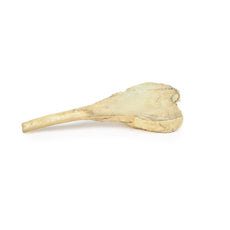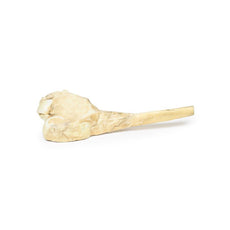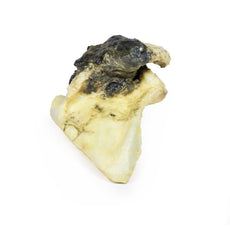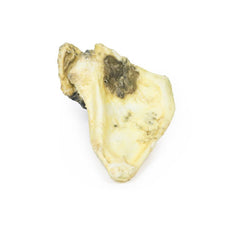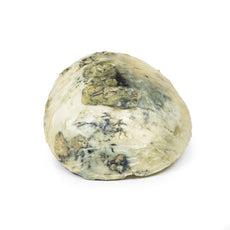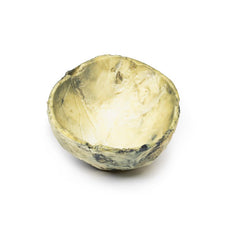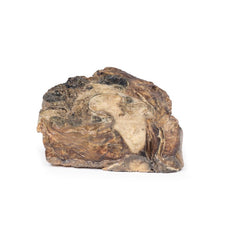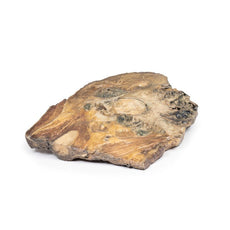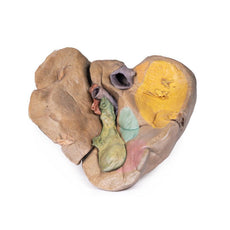Your shopping cart is empty.
3D Printed Liver with Vessels and Gallbladder
Item # MP1136Need an estimate?
Click Add To Quote

-
by
A trusted GT partner -
FREE Shipping
U.S. Contiguous States Only -
3D Printed Model
from a real specimen -
Gov't pricing
Available upon request
3D Printed Liver with Vessels and Gallbladder
The size and shape of this specimen varies somewhat from a typical liver. It is less
wedge-shaped and longer in the superoinferior dimension (on the posterior view this would translate to a greater
vertical height). Normally, a liver is less than 16cm in the midclavicular line.1 This specimen measures
approximately 18cm in the midclavicular line, suggesting some degree of hepatomegaly. However, it is worth
mentioning that some measurement distortion may have occurred based on the fixing and curation of the specimen – and
it must be noted that the accuracy of estimating liver size using a single parameter is limited. Liver measurements
diagnostic of hepatomegaly vary depending on normal anatomical variation in liver size and morphology, the method of
measurement, and patient features such as sex and BMI.
An alternative explanation could be normal anatomical variation. However, this specimen does not fit the description
of the most common anatomical variations confused with hepatomegaly – Riedel’s lobe (a downward projection of the
right lobe), ‘beaver tail’ liver (an elongated left lobe), or a papillary process projecting from the caudate lobe.
 Handling Guidelines for 3D Printed Models
Handling Guidelines for 3D Printed Models
GTSimulators by Global Technologies
Erler Zimmer Authorized Dealer
The models are very detailed and delicate. With normal production machines you cannot realize such details like shown in these models.
The printer used is a color-plastic printer. This is the most suitable printer for these models.
The plastic material is already the best and most suitable material for these prints. (The other option would be a kind of gypsum, but this is way more fragile. You even cannot get them out of the printer without breaking them).The huge advantage of the prints is that they are very realistic as the data is coming from real human specimen. Nothing is shaped or stylized.
The users have to handle these prints with utmost care. They are not made for touching or bending any thin nerves, arteries, vessels etc. The 3D printed models should sit on a table and just rotated at the table.




